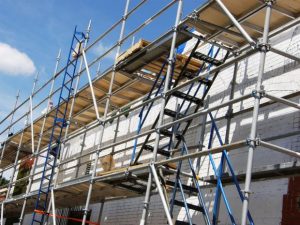It’s imperative if you have suffered a serious personal injury to consult with an injury lawyer with extensive experience and a proven track record of success because there are many technical distinctions that can complicate even a seemingly straightforward claim. 
For example, if you are injured in a nursing home fall, is it a general personal injury claim or should it be filed under a theory of medical malpractice? There are several considerations one must make before choosing, and the distinction – though potentially a fine line – is important because medical malpractice claims have different requirements for notice, statute of limitations and burden of proof. If you pursue the wrong theory, you might ultimately find your evidence doesn’t meet the proof burden for the proper theory, and therefore you can’t recover any damages.
There can sometimes be a similar cloudy distinction between general negligence and premises liability, the latter of which involving the duty of landowners and occupiers to use reasonable care in addressing hazards and warning of them. In Florida, certain premises liability claims, such as slip-and-falls in a business establishment, must meet a higher standard of proof, as outlined in F.S. 768.0755. While claims of premises liability require a property owner or occupier to use ordinary care to reduce or eliminate an unreasonable risk of harm created by a condition on site that the defendant knows or should know about in the exercise of ordinary care, general negligence involves negligent activity where an owner or occupier do what a person of ordinary prudence in the same or similar circumstances would have done.
It was a failure to file the proper type of claim in United Scaffolding, Inc. v. Levine that resulted in the Texas Supreme Court’s reversal of a verdict favorable to a slip-and-fall injury plaintiff against a scaffolding contractor. Continue reading
 Broward Injury Lawyer Blog
Broward Injury Lawyer Blog



